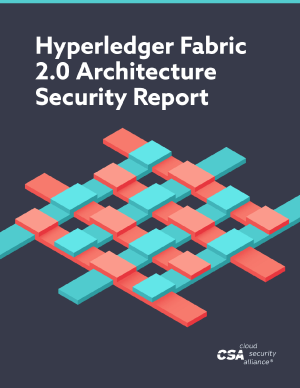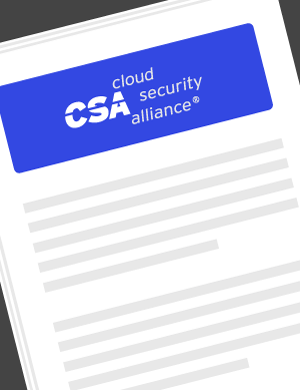Research Topic
Blockchain
Crypto-Asset Exchange Security Guidelines
CSA created a framework for distributed ledger technologies used by financial services. You can learn more about this project and read the latest papers released for this initiative in this blog.
Blockchain/Distributed LedgerInternet of ThingsFinancial Services
Discuss this topic in Circle
View discussion community
Participate
| Press Mention | Source | Date |
|---|---|---|
| Luxembourg regulator CSSF issues checklist for blockchain risks | Ledger Insights | January 25, 2022 |
| Cloud Security Alliance Publishes Report on Blockchain Risk, Security Considerations | Crowdfund Insider | February 16, 2022 |
| New Cloud Security Alliance Report Highlights Factors to Consider When Designing Blockchain Solutions That Operate Within Critical Sectors | Crypto Reporter | February 16, 2022 |
| Cloud Security Alliance Provides C-level Executives With Best Practices for Deploying Smart Contracts Within an Organization | IT Security News | May 20, 2022 |
| A Push to Make Smart Contracts Even Smarter | RT Insights | June 09, 2022 |
Cloud Security Research for Blockchain
CSA Research crowd-sources the knowledge and expertise of security experts and helps address the challenges and needs they’ve experienced, or seen others experience, within the cybersecurity field. Each publication is vendor-neutral and follows the peer review process outlined in the CSA Research Lifecycle. We recommend getting started by reading the following documents.
Crypto-Asset Exchange Security Guidelines
Experts have identified crypto-asset exchanges as a major pain point of crypto security. Exchanges are platforms that mediate crypto-asset transactions between entities. There are several types of attacks that are successful against exchanges. In this document, we give an overview of these attacks, describe an exchange security reference architecture, and then provide a detailed list of crypto-asset exchange security best practices, administrative controls, and physical controls.
Hyperledger Fabric 2.0 Architecture Security Report
Blockchain technology is being rapidly adopted by enterprises to bring traceability and transparency to external business workflows.Considering that many of these external business workflows involve transactions and custody of value in the form of digital assets or other high-value data, cybersecurity certainly takes center stage. In this paper we identified Fabric 2.0’s architectural risks to Cybersecurity attributes (Privacy, Confidentiality, Integrity, Availability) while being implemented as a permissioned blockchain enterprise network for a trade finance business use case in a cloud-based environment.
Using Blockchain Technology to Secure the Internet of Things
This paper describes a high-level overview of blockchain technology and outlines a set of architectural patterns that enable blockchain to be used as a technology to secure IoT capabilities. Specific use-case examples of blockchain for IoT security are also explored, although technical implementation of those use cases will vary across companies. Access this report










